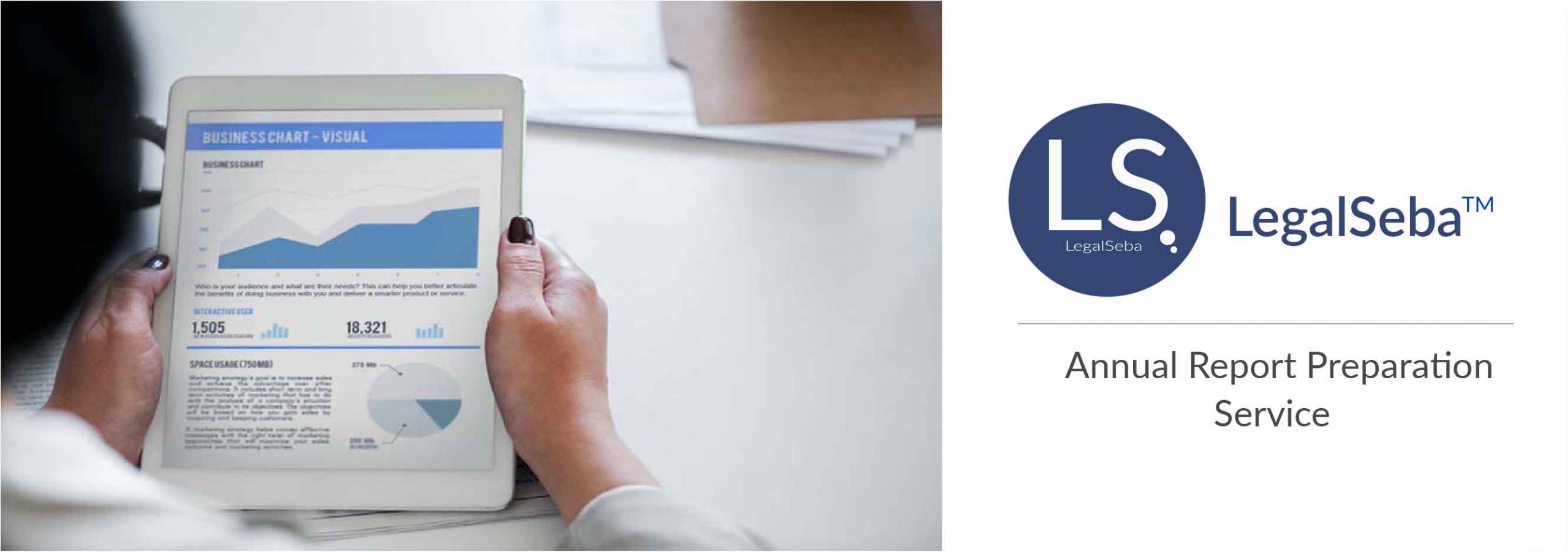Company Annual Report Filling Procedure in Bangladesh
One of the essential compliance obligations for maintaining a company in Bangladesh is the requirement to hold an Annual General Meeting (AGM). The AGM serves as a formal platform where all shareholders of the company are granted the right to actively participate in key decision-making processes. This meeting is vital for ensuring transparency, upholding shareholder rights, and fostering collaborative governance within the company.
This guide aims to provide a detailed explanation of the procedural steps and best practices necessary to ensure compliance with statutory requirements during the annual return season. By following this guide, companies can efficiently meet their obligations, avoid potential penalties, and strengthen their overall governance framework.
Overview:
What is the purpose of an AGM?
What happens at an AGM?
Preparing your financial statements
What if my financial statements are not ready in time?
What if my company is dormant?
When should a company hold its AGM?
Extension and Penalties
Filling Checklist
——————————————————————————————————————————————
Update as of May 2024:
The Companies Act has been amended with effect from 25 February 2020 through passing The Companies (Amendment) Act, 2020 passed in the Parliament by amending the existing Companies Act, 1994.
——————————————————————————————————————————————
What is the purpose of an AGM?
A company convenes an Annual General Meeting (AGM) primarily to:
- Present the company’s financial statements
- Seek approval of other business transactions of the company
- To declare the dividend
- To appoint the Auditor in the Company
- To finalize the Shareholder’s Details for a year
What happens at an AGM?
Presenting the company’s financial statements
The company is required to present its financial statements to all shareholders during the Annual General Meeting (AGM). These statements must provide a “true and fair” representation of the company’s financial performance for the fiscal year by 30th June. Following the presentation, shareholders must formally adopt and approve the financial statements.
Privately held companies typically have up to six months from the conclusion of the fiscal year to present their financial statements at the AGM.
Approval of other business transactions of the company
The company also approves other business transactions of the company during an AGM. These are a few of the business matters that require shareholders’ approval at the AGM:
- Dividend declaration
- Retirement and appointment of directors
- Appointment of auditors
- Authorization to issue shares
Preparing your financial statements
When: After your financial year ends (30th June)
Example: Financial statements to be prepared between 1st July and 30th December.
One of the most important things you can do to have a smooth annual return process is to prepare your financial accounts promptly after your financial year-end.
Many subsequent steps depend on having those accounts ready. You need to have your financial statements in order to have your AGM, and you need to have had your AGM before you can file for your annual return with RJSC (Registrar of Joint Stock Companies And Firms).
In most instances, your financial accounts cannot remain unaudited irrespective of your financial transactions in a given year. If you do need help, reach out to us. [email protected]
What if my financial statements are not ready in time?
In the event that the financial statements are not ready for presentation at the AGM and annual return, your company secretary can apply on your behalf for an extension of time. There are costs for filing an extension, but these are reasonably minor.
When should a company hold its AGM?
- A company has to hold its first AGM within 18 months from the incorporation date.
- From then onwards, the company has to hold an AGM every year, with the period between two AGMs not exceeding 15 months.
-
The company’s audit report must be finalized at least 21 days prior to holding the AGM. Failure to comply may result in the RJSC officer requiring permission from the High Court before accepting the annual return.
.
Finalizing the Schedule 10
Schedule 10 consists of the update of Authorized Capital, Paid-up Capital, Class of Shares, and Paid and unpaid shares of the company duly signed by the Managing Director and Chairman of the company.
Extensions and Penalties
If a company cannot hold an AGM in time (this is often due to a delay in preparing financial statements), they can file for an extension of time with RJSC, up to a maximum of 2 months if allowed. If a company does not meet its deadlines to hold its AGM or the accounts laid at the AGM are not updated, the company and its company directors are subject to financial penalties by RJSC. Not getting your annual return in on time can leave you with penalty fees as well.
Next steps
Don’t fall foul of your RJSC obligations to hold an AGM – we can help you with the process around your AGM. We’re always available for a chat: contact us to get in touch.
Filling Checklist
- Duly Signed AGM along with Notice
- Schedule 10
- Form 23 (B), Auditor Appointment Letter
- Audited Report duly signed by the Auditor
- All the supporting Board Resolutions
- Other required documents
To learn more about the Share Issuance Procedure in Bangladesh, click here.
To learn more about the Changing the Director of a Company in Bangladesh, click here.
To learn more about Company Share Transfer in Bangladesh, click here.
Contact Us
For more information on how LegalSeba.com can assist with regulatory compliance and business operations in Bangladesh, please contact us at:
- Phone/WhatsApp: +8801753718223
- Email: [email protected]
Let LegalSeba LLP be your trusted partner in navigating the complexities of investing and conducting business in Bangladesh. Our expertise and comprehensive services will ensure your business is successful and compliant with all regulatory requirements.




